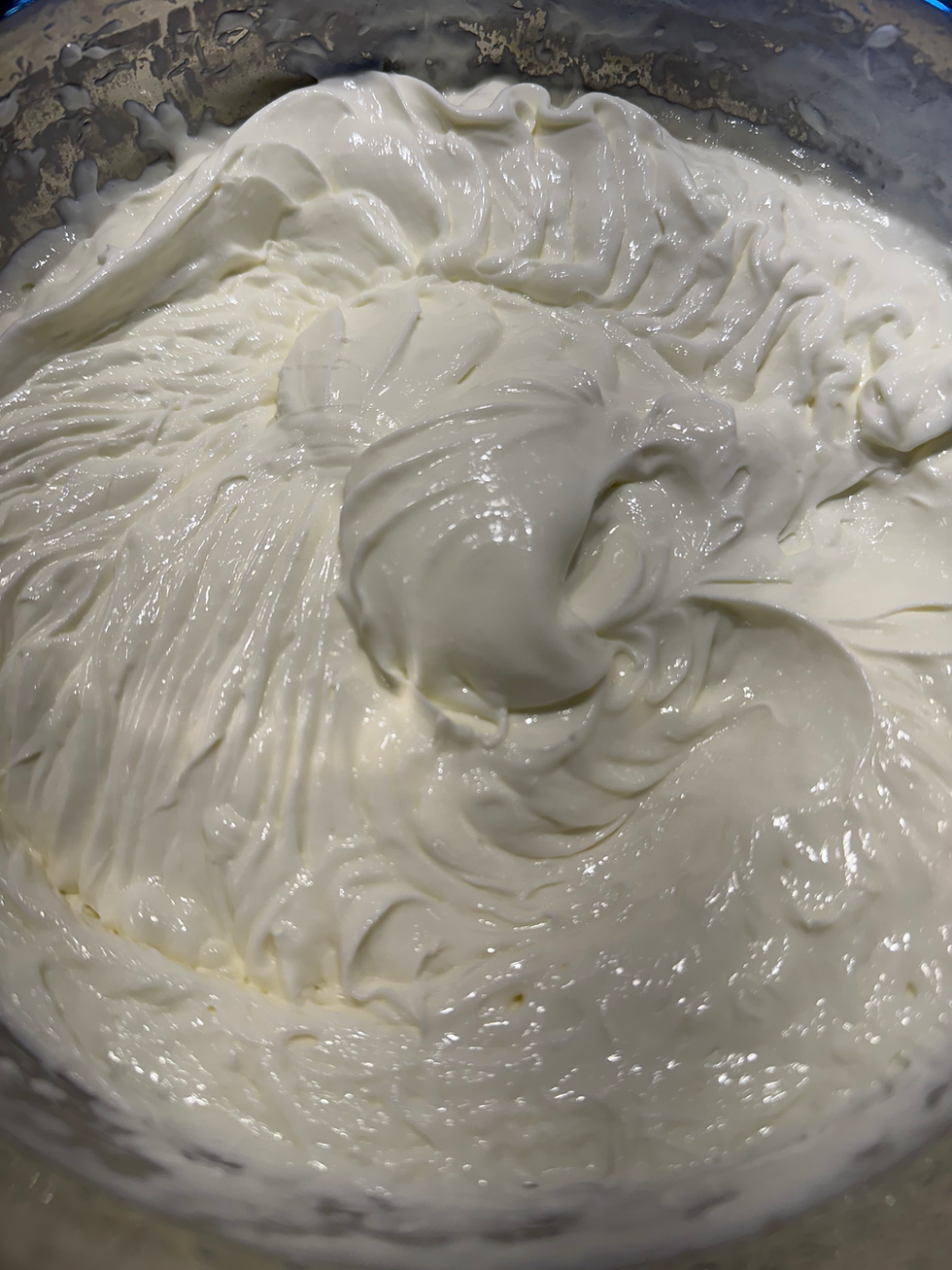Exploring Lavender: Its Uses and Significance in Everyday Life
- Tom Sadler
- May 12, 2025
- 4 min read
Lavender is more than just a beautiful flower; it is an herb treasured for centuries for its outstanding beauty and practical uses. Renowned for its calming fragrance and vibrant purple hue, lavender has played a key role in various cultures worldwide. Its broad applications include culinary uses, aromatherapy, and medicinal benefits, making it an essential item in many homes. This blog post explores what lavender is, its numerous uses, and its importance in modern life.
What is Lavender?
Lavender, scientifically known as Lavandula, belongs to the mint family, Lamiaceae. Native to the Mediterranean region, lavender thrives in sunny weather and well-drained soil. This plant can reach heights of one to three feet, producing stunning spikes of purple flowers that are not just visually pleasing but also cherished for their fragrance.
Numerous lavender varieties exist, with each offering distinct scents and properties. The two most prevalent types are English lavender (Lavandula angustifolia) and French lavender (Lavandula dentata). Interestingly, English lavender is often preferred for culinary uses due to its subtle flavor.
Aromatherapy and Stress Relief
One of the most popular uses of lavender is in aromatherapy. The essential oil extracted from lavender has calming effects, making it a favorite for those looking to reduce stress and anxiety. Many people utilize lavender oil in diffusers, bath products, or during massages to encourage relaxation. According to a study by the National Institutes of Health, inhaling lavender oil can lead to a notable reduction in cortisol levels, the hormone associated with stress.
Incorporating lavender into your daily life can create a calming atmosphere. Try using lavender-scented candles or essential oil diffusers in bedrooms and meditation spaces. You might be surprised to find that even a few drops of lavender oil on your pillow can improve sleep quality.

Culinary Uses of Lavender
Lavender also shines in the culinary world, adding a floral twist to various dishes. In cooking, English lavender is often used in baked goods, honey infusions, ice creams, and herbal teas. For instance, a recent trend has seen lavender-flavored lemonade gaining popularity. In a survey, 35% of consumers expressed interest in floral flavors in their beverages.
Lavender can enhance the taste of meats too. It works particularly well in marinades or dry rubs for grilled chicken or salmon. Additionally, lavender-infused syrup, made by boiling lavender buds with sugar and water, is perfect for cocktails or drizzling over desserts. When cooking, always ensure you use culinary-grade lavender to reap the best flavor and avoid any harmful effects.
Skincare and Beauty
Lavender's benefits extend into skincare as well. Lavender oil is prized for its antiseptic and anti-inflammatory properties, making it an excellent remedy for minor burns, insect bites, and skin irritations. Many commercial skincare products now incorporate lavender oil for its soothing scent and therapeutic effects.
Homemade skincare enthusiasts often create lavender-infused lotions, scrubs, or bath salts. For example, a simple DIY scrub can be made with sugar, coconut oil, and a few drops of lavender oil. The calming aroma makes your self-care ritual even more enjoyable while giving your skin a treat.
Home Decor and Natural Fragrance
Beyond its functional uses, lavender makes for a beautiful addition to home decor. Dried lavender bouquets can multiply as natural air fresheners, filling any room with their lovely scent. They can also serve as rustic centerpieces for dining tables or charming accents in bedrooms.
Lavender sachets, filled with dried buds, can be tucked away in drawers or closets. They help keep clothes smelling fresh and free from pests. Furthermore, making your own lavender pillow spray with diluted essential oil can promote restful sleep. Just lightly mist your pillowcase before bed for a calming effect.
Medicinal Uses of Lavender
Traditional medicine has utilized lavender for centuries to treat a variety of ailments. Its potential benefits include relief from headaches, insomnia, and digestive issues. A study published in the Journal of Clinical Psychology found that consuming lavender tea can help alleviate symptoms of anxiety in 60% of participants.
When used topically, lavender oil may relieve migraines and tension headaches when applied to pressure points like the temples or wrists. However, it's wise to consult with a healthcare professional before using lavender for medicinal purposes, especially if pregnant, nursing, or taking medications.
Lavender in Gardening
If you have gardening skills, growing lavender can be a rewarding pursuit. It is relatively easy to care for and needs minimal maintenance once it’s established. Lavender plants are drought-resistant and do best in well-drained soil.
When planted in clusters, lavender not only beautifies gardens but also attracts beneficial pollinators such as bees and butterflies. Its aromatic properties even help deter some pests, making it an excellent choice for organic gardening practices. Statistics show that gardens with lavender can witness a 20% increase in pollinator activity.
The Charm of Lavender
Lavender's essential role in everyday life is clear. From its calming effects in aromatherapy to its unique culinary applications and therapeutic benefits, this versatile herb significantly enhances our well-being. By integrating lavender into your home decor, skincare routines, or cooking, you uncover a world of possibilities.
Embracing lavender can lead to improved relaxation, elevated mood, and a more enriching environment. Its rich legacy and diverse uses ensure that lavender will remain a valued herb for generations to come. Stop by the farm and explore this delightful plant and experience its many benefits for yourself!



Comments